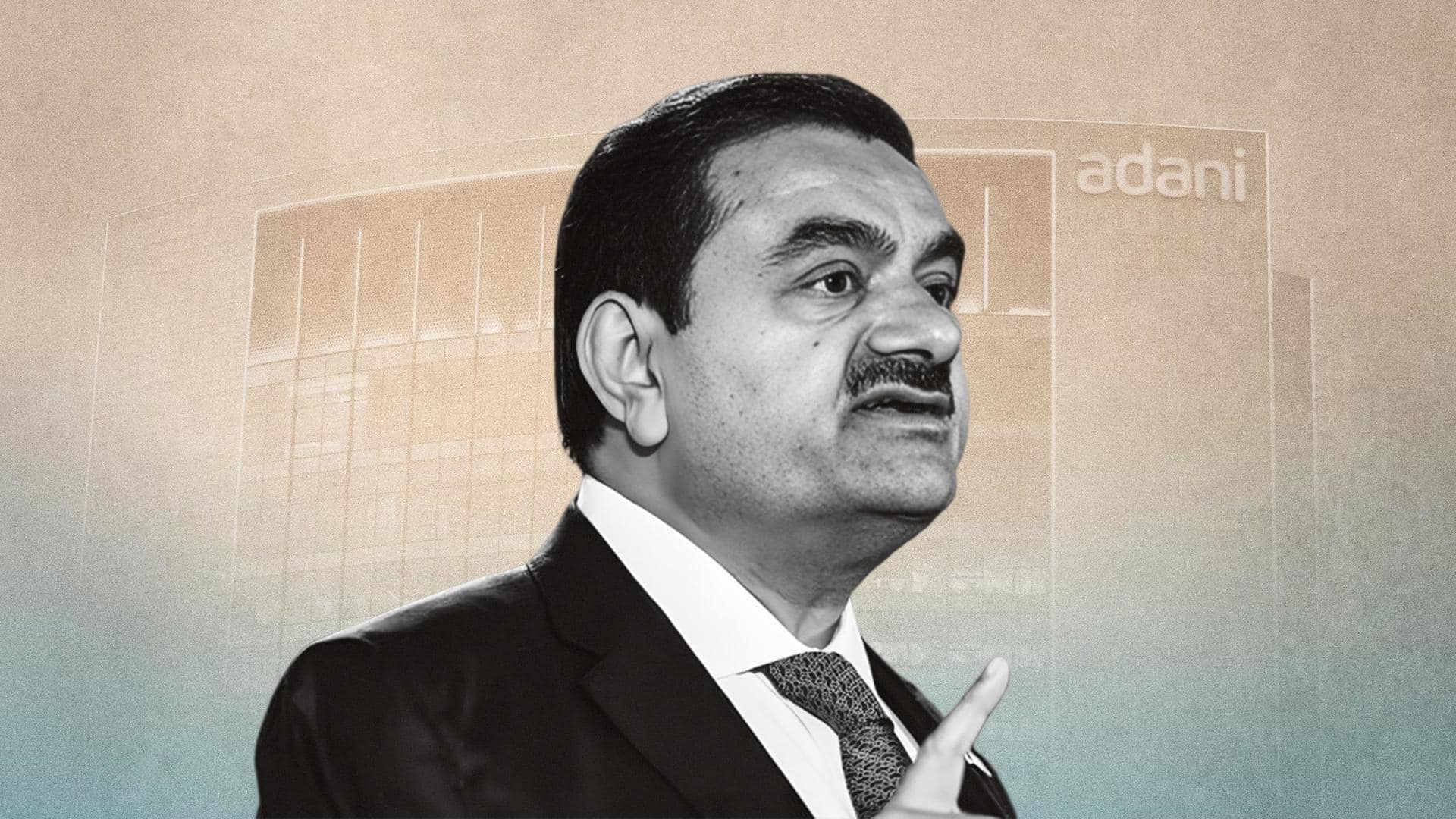
Hindenburg reacts to OCCRP allegations against Adani, says 'loop closed'
What's the story
US-based short-seller Hindenburg has reacted to the fresh claims against Adani Group, made by the Organized Crime and Corruption Reporting Project (OCCRP), saying, "Finally, the loop is closed." OCCRP, backed by George Soros, has alleged that partners of the Adani family invested millions in purchasing their own stocks for years, supporting Hindenburg's claims. The OCCRP report identifies close friends Chang Chung-Ling and Nasser Ali Shaban Ahli as significant investors in the intricate scheme brought to light by Hindenburg.
Twitter Post
Take a look at Hindenburg's statement
Finally, the loop is closed.
— Hindenburg Research (@HindenburgRes) August 30, 2023
The Financial Times and OCCRP report that offshore funds owning at least 13% of the free float in multiple Adani stocks were secretly controlled by associates of Vinod Adani, masking the relationship with 2 sets of books. https://t.co/L4clFVpA2K pic.twitter.com/ofWf6KQK5h
Details
Proxy ownership may violate market rules
According to OCCRP, Chang Chung-Ling and Nasser Ali Shaban Ahli were in possession of 8% and 13.5% of the free-floating stocks of four Adani companies, respectively. If these shares were categorized as being controlled by Vinod Adani proxies (Chung-Ling and Ahli were his associates), the Adani Group's promoter holdings would exceed the 75% limit of promoter stockholding in a firm, potentially violating Indian market rules. Per Hindenburg, Adani's relationship with Chung-Ling and Ahli was masked using two sets of books.
Rules
Maximum of 75% of stocks can be allotted to promoters
These regulations aim to prevent stock manipulation and govern public shareholdings of companies. They require firms to maintain 25% of their stocks as "free float" for public trading on the share market while allowing a maximum of 75% of their stocks to be allotted to promoters. Despite the company's denial of the allegations and dismissal of them as a rehash of earlier claims made by Hindenburg, Adani stocks experienced sell-off pressure during early morning deals today.
History
The Adani-Hindenburg saga started in January
Back in January, Hindenburg had compiled a 129-page report, in which it accused Adani Group of creating and managing "a vast labyrinth of offshore shell entities" in various tax havens. The activist firm claimed that it took two years to complete the report. The US-based firm had claimed that some of these entities were used for manipulating the stock market. It also flagged Adani's huge debt and lofty valuations of its seven listed companies.